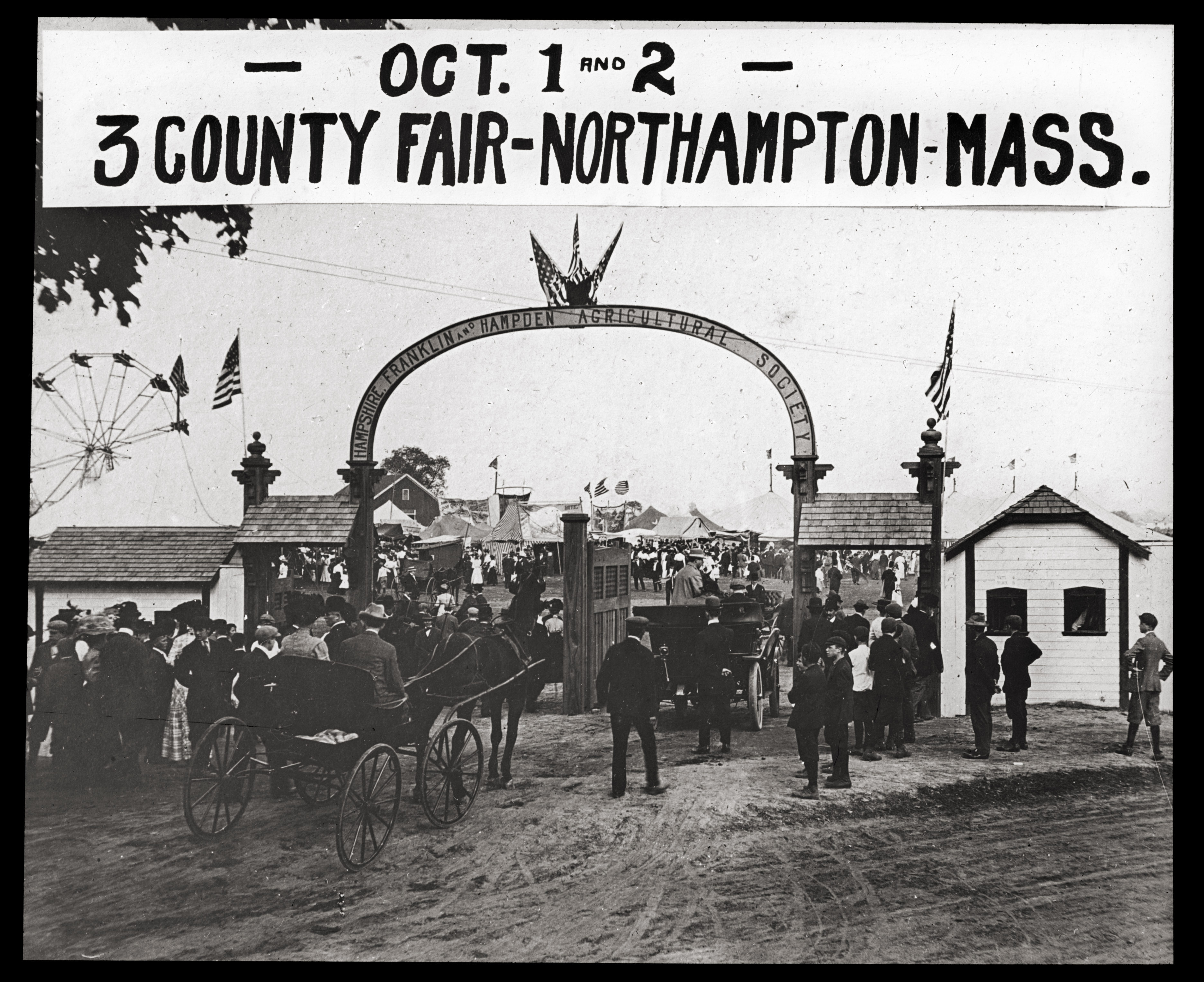Marcus A. Emmons Papers
1858-1864
1 folder 0.1 linear feet
Call no.: MS 034
A 21 year-old farmer from Hardwick, Mass., Marcus A. Emmons enlisted in the 21st Massachusetts Infantry in August 1861, and saw active service in North Carolina, Virginia, Kentucky, and Tennessee. Having survived many of the great battles of the eastern theatre, Emmons was killed in action at Bethesda Church on June 2, 1864.
The letters and journals that comprise this collection document Emmons’ tragically brief experience in the Civil War. Both letters date from April 1864, while the 21st Massachusetts was stationed in Annapolis, Md., prior to the campaigns of that summer. One journal includes some miscellaneous pre-war accounts, a complete list of the Civil War volunteers from Hardwick and their regiments (some with notation of fate in service); a list of conscripts added to Co. K, 21st Mass., in 1863; a list of Civil War battles; military accounts; recruits added to the regiment in 1862, listing place of residence; and a roster of Co. K, 21st Mass. Infantry, with place of residence and fate in the service. The other journal begins as a spelling exercise book and includes diary entries for Mar.-Sept., 1862, discussing farm work.
Subjects
Farmers--Massachusetts--HardwickHardwick (Mass.)--HistoryUnited States--History--Civil War, 1861-1865United States. Army. Massachusetts Infantry Regiment, 21st (1861-1864)Contributors
Emmons, Marcus A.Types of material
Account booksDiaries



